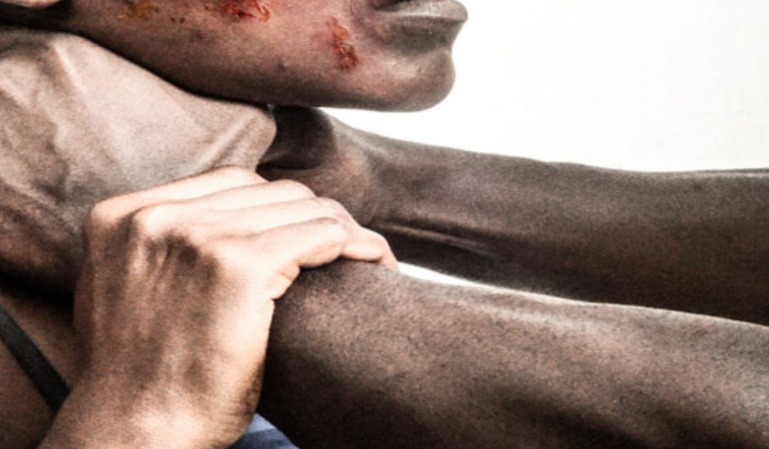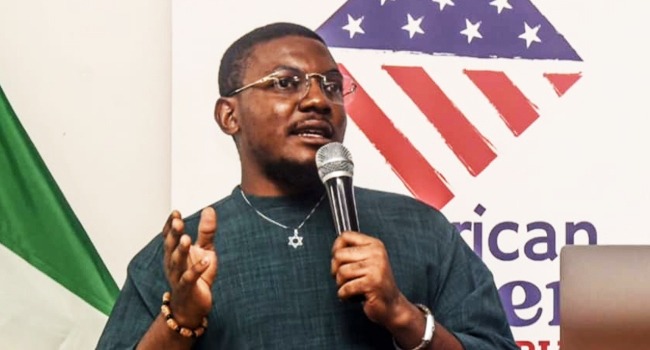Juliet Jacob Ochenje
Domestic violence is a pervasive issue affecting societies globally, and Nigeria is no exception. The recent report by the Lagos State Government reveals that 5,624 cases of domestic and sexual violence were recorded between August 2022 and July 2023.
Tragically, individual stories, like the viral case of a mother of four who endured relentless abuse, underline the devastating impact of domestic violence. Despite pleas for her to leave, she tragically lost her life, leaving her children motherless. This heartbreaking narrative underscores the urgent need to address the root causes of domestic violence in Nigeria.
Instances like the death of renowned gospel musician, Osinachi Nwachukwu, and the reluctance of many women to leave abusive relationships due to religious or societal pressures highlight the multifaceted challenges that contribute to this crisis. The fear of judgment, concerns about child custody, and economic dependence further compound the issue.
Globally, the World Health Organisation (WHO) emphasises that violence against women, especially intimate partner violence, is a severe public health problem and a violation of human rights. Shockingly, statistics reveal that approximately 30% of women worldwide have experienced physical or sexual violence.
In an interview with African Health Report (AHR), Mrs. Ezinwa Nwachukwu from the International Federation of Women Lawyers (FIDA), Nigeria, underscores that there should be no justification for domestic violence. She attributes the rise in such cases to societal factors like social media, movies and music, emphasising the need for a collective effort to break the culture of silence.
The justice system, while having laws against domestic violence, faces challenges with delays, hindering the swift resolution of cases. Mrs. Nwachukwu also highlights the concerning cycle of violence, where children exposed to domestic abuse may perpetuate it in the future.
To combat this epidemic, urgent measures are necessary. Education and awareness campaigns should challenge societal norms that perpetuate violence. Strengthening the judicial system, providing support services, and fostering a culture where victims feel empowered to speak out are crucial steps toward creating a safer environment for women and children in Nigeria.
Violence against women is preventable. The health sector has an important role to play to provide comprehensive health care to women subjected to violence, and as an entry point for referring women to other support services they may need.
It is time for concerted efforts from government bodies, civil society, and communities to dismantle the barriers that enable domestic violence, ensuring a safer and healthier future for all.



